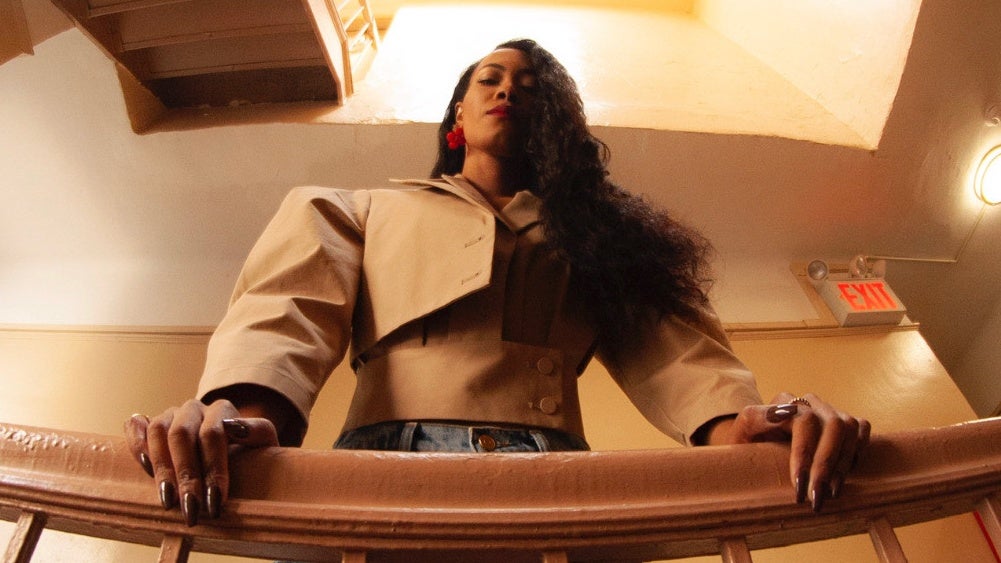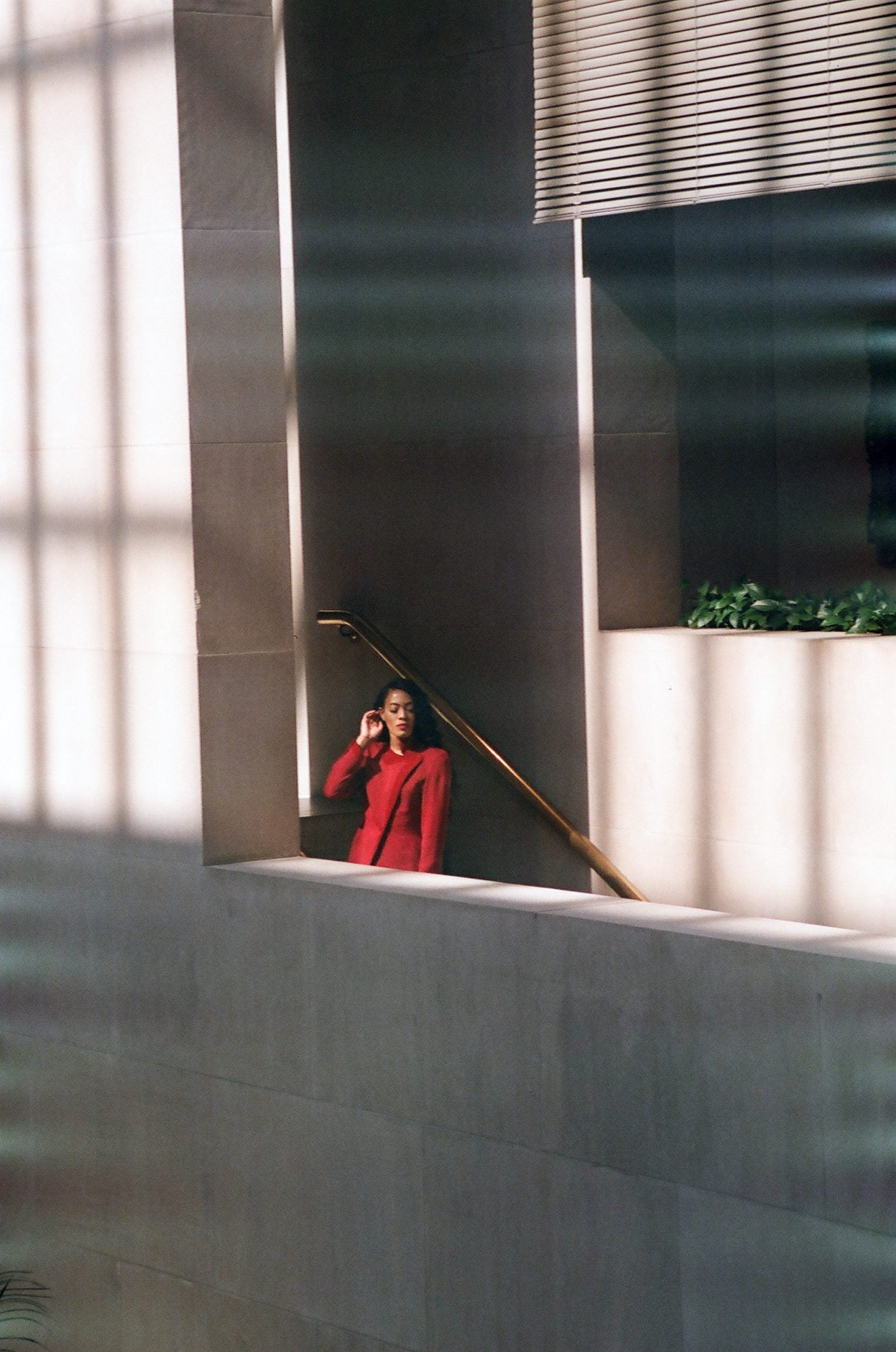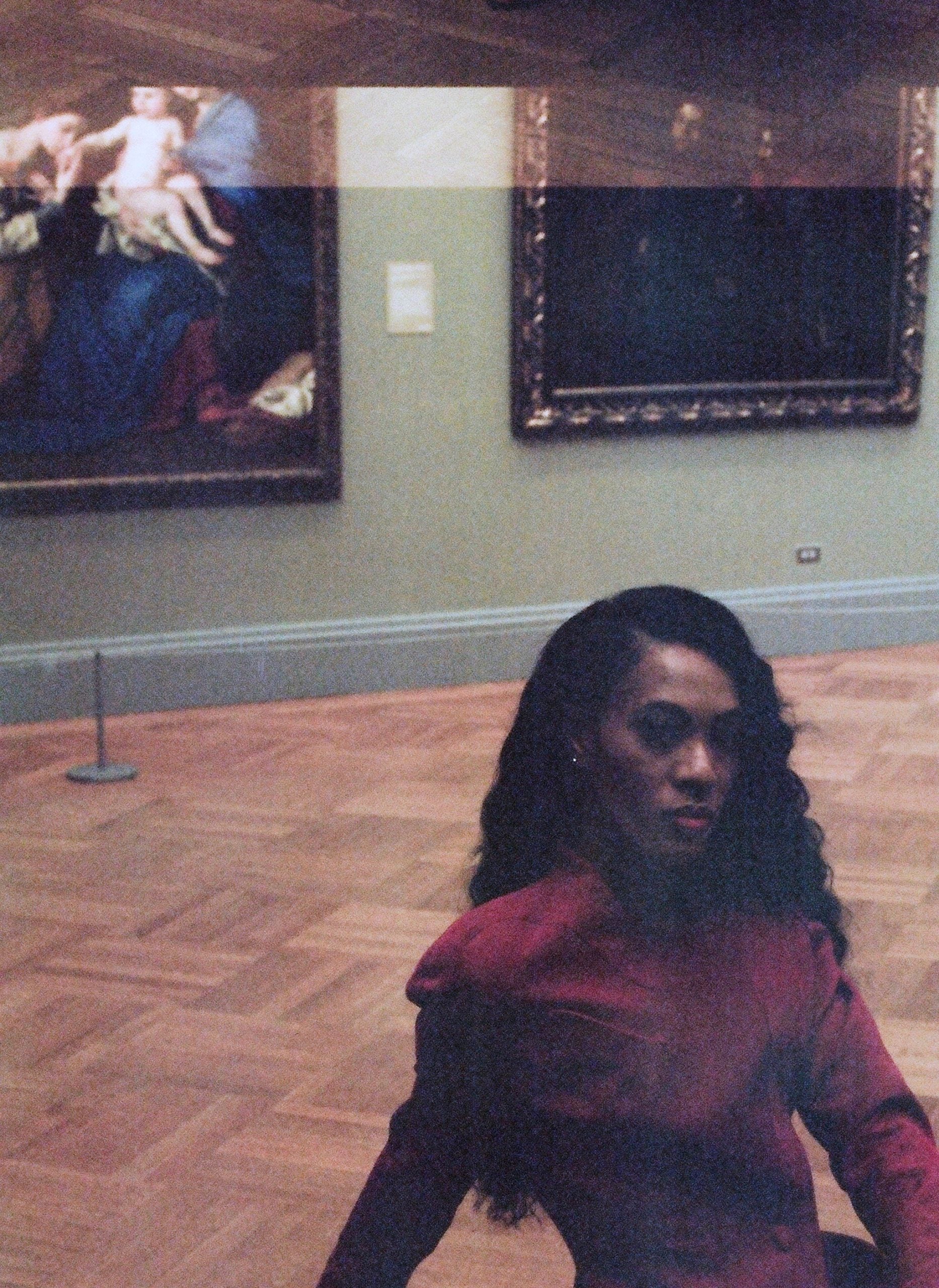
Black fashion literature is sacred. The amount of books that provide insight on Black style is minimal compared to the glorification of European designers. Yet, despite the lack of documentation that exists, there are writers, historians, and social media pages that preserve our vital influence. In 2020, there is a group of digital historians on social media that have a passion for archival facts. From runway shows in the 90s to Black fashion facts, they’re providing, preserving and showcasing our history. Leading the pack is Shelby Ivey Christie.
Sitting at over 26,000 followers on Twitter and 15,000 on Instagram, the historian has created a community of style fanatics, who love fashion artifacts. Her viral moments usually include threads of information such as Arthur McGee being the first Black designer to have a studio on 7th Avenue or noting Josephine Baker‘s film career. The content is endless.

“History has always been something I’m passionate about. My bachelor degree is in race, class, and culture, which falls under the department of history, so I am a historian. It’s something that I study–my love of fashion and how that intersects with my love of history,” Christie tells ESSENCE.
Along with Christie’s large social media presence, her work behind the scenes is equally as wondrous. Currently a M.A. candidate at New York University for costume studies, she has also had the opportunity to work for companies such as In Style, Vogue, and W magazine.
“We really should be looking to younger and diverse fashion talent and figuring out how we can support those people to get them to the show. It’s time for a little bit of a change. “
Most recently, Christie previewed a TIDAL show called Shades Of Fashion, where she narrated a series and spoke with Black fashion icons, including Dapper Dan and Guy Wood. While the show is “up in the air,” it gathered raved reviews on social media from followers hoping to see it come to fruition.
ESSENCE got a chance to chat with Christie about the state of Black fashion, fashion week, and her journey to being a new-age digital historian.
ESSENCE: Where does your love for fashion history come from?
Shelby Ivey Christie: It’s honestly a life’s work. I’ve worked in fashion for a long time. I did my first internship in fashion at W magazine in 2011, and I’ve worked at InStyle. Prior to where I am now, I worked at Vogue. So I’ve always had a love for fashion, which sprang from my love for film. I remember at the very first Vogue fashion show, John Galliano was there in the white coat, which Dior is famous for having. I was like freaking out. So there were always these instances, where I had this historical passion and understanding. But because I worked at Vogue, a lot of these brands were my clients. So, I wasn’t always at liberty to be on the internet and giving my opinion. It wasn’t until I left Vogue there was no longer a conflict of interest.

There were at least eight black designers that showcased at NYFW, which is a lot compared to other seasons. What are your thoughts about the state of Black fashion and NYFW?
Black designers are really strong right now. Because some of the more legacy New York Fashion Week designers are moving away from showing at New York Fashion Week, it’s possible to get slots for Black fashion talent. It’s freed up people’s schedules and kind of their bandwidth to be able to really pay attention to Black fashion designers.
Is NYFW “declining” like critics say?
Legacy New York Fashion Week brands are no longer showing or showing in different markets, like Tom Ford moving to show [in Los Angeles] in a different market. I don’t think it means that New York Fashion Week is necessarily declining. Those brands are brands that helped launch New York Fashion Week in the past. Those should still not be the same brands that we’re looking to in 2020 to carry the banner for New York Fashion Week. There’s a point where we need to bring in new fresh talent. We really should be looking to younger and diverse fashion talent and figuring out how we can support those people to get them to the show. It’s time for a little bit of a change.
How has the power of social media helped your career?
When I worked at Vogue…I was very quiet on social due to the conflict of interest. At the time I was occupying a marketing role which meant I worked on digital campaigns for many luxury brands. It just wouldn’t have been kosher to be as vocal as I am now when I was a part of those brands’ business strategy. Social media has definitely helped to amplify my voice and establish myself as an authority on costume and fashion subject matter. I think social media can definitely help to drive one’s own brand, their own voice and content. However, you don’t really have to make yourself a brand online. For me, I’m still very conscious about posting my actual self online. I will go a month or two without posting an image of myself. The content comes first on my platforms.
.
If you’re like us and want to follow Christie, check her out on Instagram, Twitter or shelbyiveychristie.com.